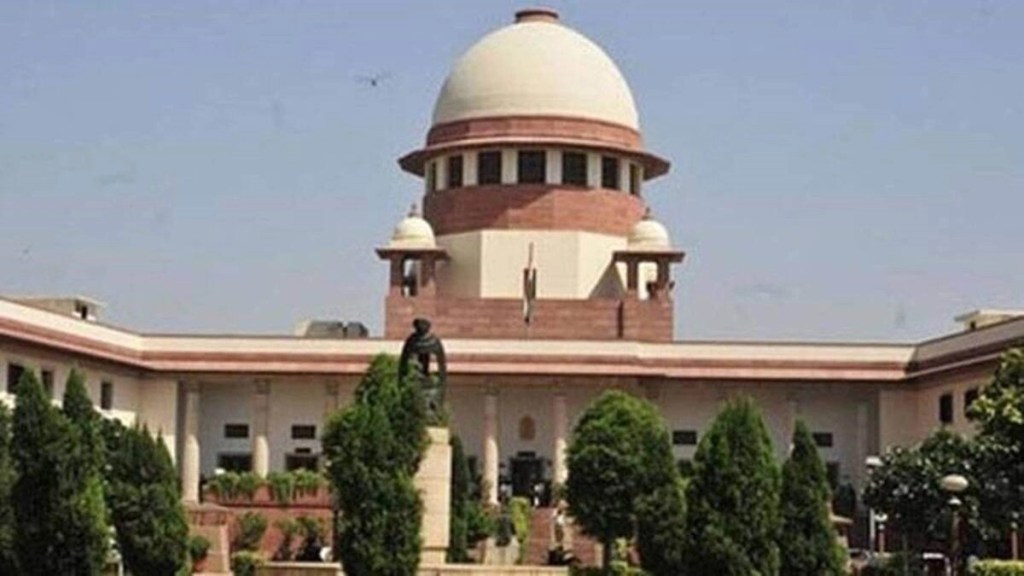The Supreme Court has set up a new Constitution bench to hear a batch of nearly 23 petitions challenging the Centre’s decision to abrogate Article 370 of the Constitution, which had given special status to Jammu and Kashmir. The proceedings will begin on July 11.
A five-judge Bench headed by Chief Justice of India (CJI) DY Chandrachud will be hearing the pleas alongside justices Sanjay Kishan Kaul, Sanjiv Khanna, BR Gavai, and Surya Kant, Live Law reported.
Notably, the court’s decision to consider these pleas comes almost four years after the erstwhile state of Jammu and Kashmir was reconstituted into two Union Territories of J&K and Ladakh on August 5, 2019.
Also Read: Post Article 370 abrogation, J&K marching forward on development path
The case has been listed for directions on July 11 when the court is expected to issue procedural orders to make the matter for hearing on a future date. On July 11, the bench is also likely to take up a plea by Shah Faesal, a bureaucrat who was initially among the petitioners challenging the abrogation of Article 370, but later filed a request for withdrawing his petition. Faesal resigned from service in protest in 2019 to float a political party in J&K. However, his resignation was not accepted by the government, and he withdrew it later.
Faesal’s decision to withdraw the petition came soon after he was taken back into the Indian Administrative Service in April 2022 and was appointed deputy secretary in the Union ministry of culture. In his plea filed on April 29, 2022, Faesal told the court that he does not wish to be part of a petition questioning the Centre’s decision to end the special status of J&K since he wishes to pursue public service without the baggage of political activism, the Hindustan Times reported.
Also Read: Looking back on Article 370 abrogation
Last year, on April 25 and September 23, a Constitution Bench headed by the then CJI NV Ramana also agreed to list for hearing the pleas challenging the Centre’s decision to abrogate provisions of Article 370 after they were referred to it by erstwhile CJI Ranjan Gogoi.
However, now the apex court will have to reconstitute a five-judge bench to hear the pleas as ex-CJI Ramana and Justice R Subhash Reddy, who were part of the earlier Constitution Bench that had heard the pleas, have now retired.
